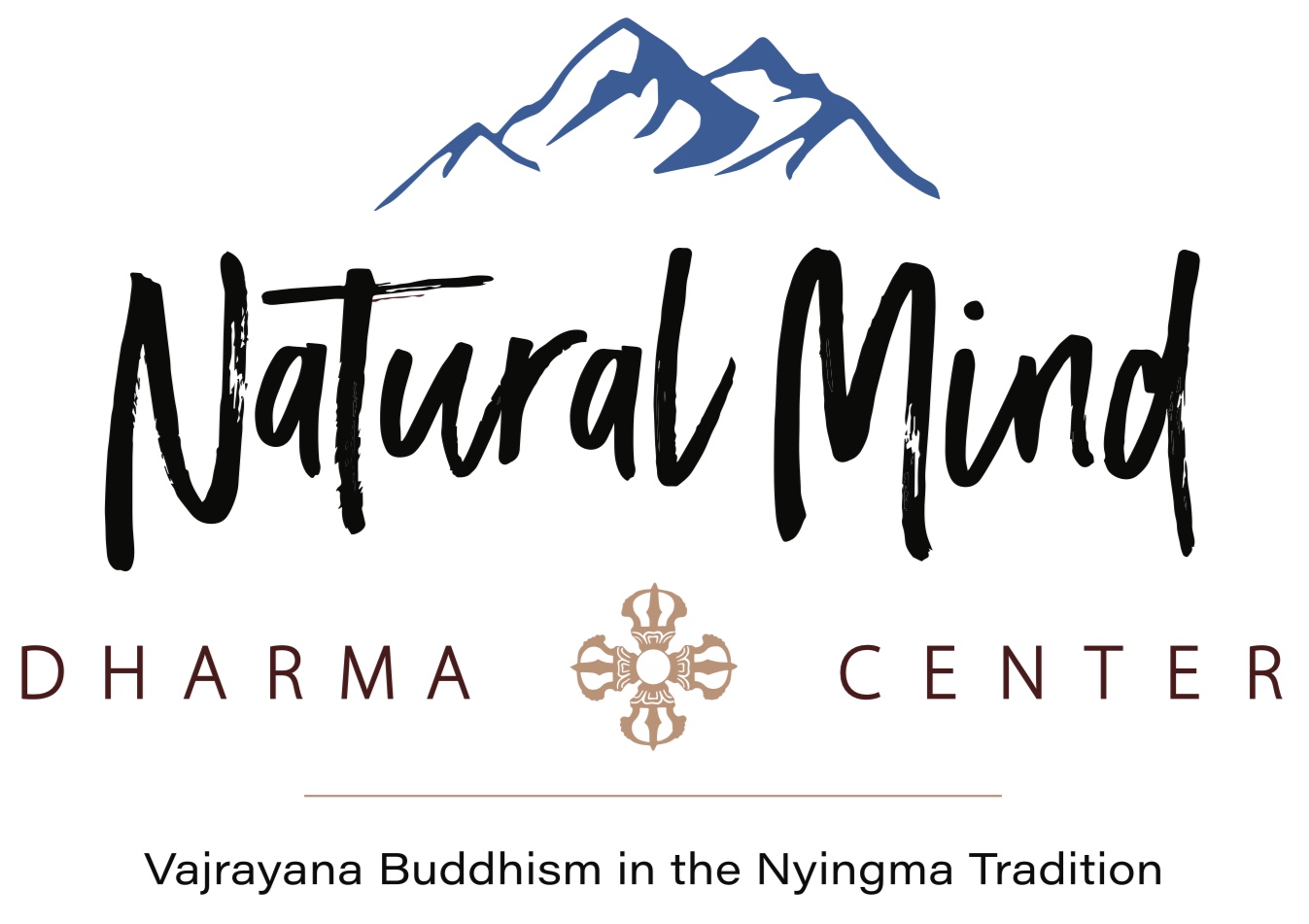Becoming Tasty
A human is a curious form of life. It seems like a mutated species maladapted to its environment. It uses finite resources as if they are infinite. It wages destructive wars as if to prove the illusion of control. The human constantly thinks about itself as separate from other forms of life, even though the evidence is to the contrary. Sometimes I wish I could change my embodied form into something more willing to coexist with the natural rhythm of the universe.
This is why I make an attempt to practice what we call Buddhism. Buddha awoke to the animal we are. He recognized our part in nature’s dance without the contrivances of habitual thoughts bound to an illusory ego. The main problem with the ego, the sense of separateness, is that it refuses to be eaten. This is why the human develops so many defenses. But everything in the natural world becomes food at some point.
Becoming food for the benefit of others is a primary practice in Vajrayana Buddhism. We aspire to render ourselves tasty to the universe, to become compassionate beings willing to be eaten to alleviate suffering—a kind of ‘slice and dice’ spirituality. Of course, this is only to be taken as a metaphor for way a human would be naturally if it not for the belief in separateness.
Encoded deep in human awareness is the understanding of interconnection, non-separateness. Like a deer, we naturally know the fragility of life and sense the predators in our midst. We can graze with full awareness our next mouthful may be our last, but enjoy it as if it were our first. No reason to worry ahead of time. We simply graze with the awareness we are also food for others.
We eat to sustain ourselves, but also to feed other beings. We eat to become tasty, to be available to produce acts of kindness. This is our spiritual practice. We spiritually digest the bad taste of our ego fixations while making a meal of ourselves for the benefit of others. We aspire to lighten the suffering of all beings by feeding them our capacity to love without limitation.
